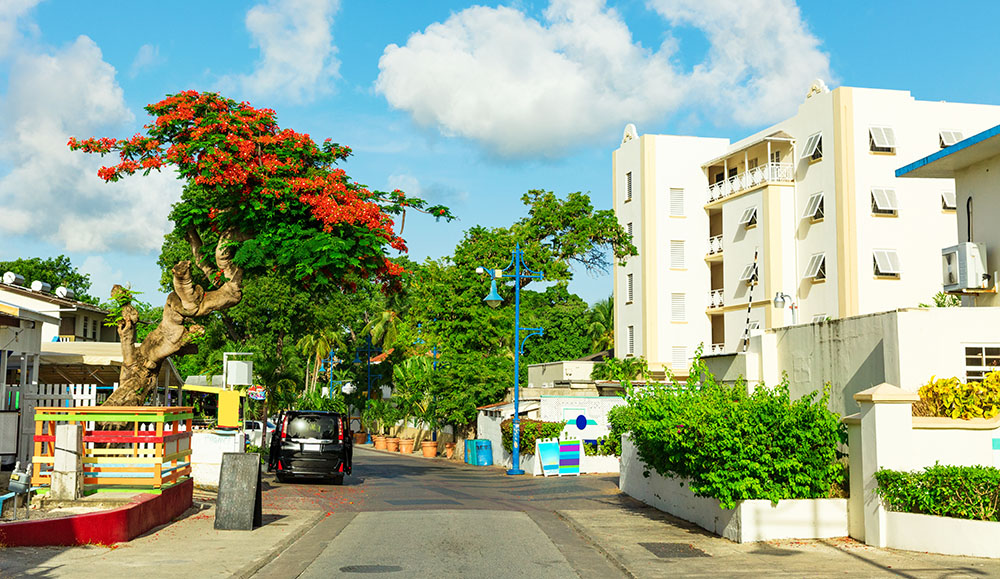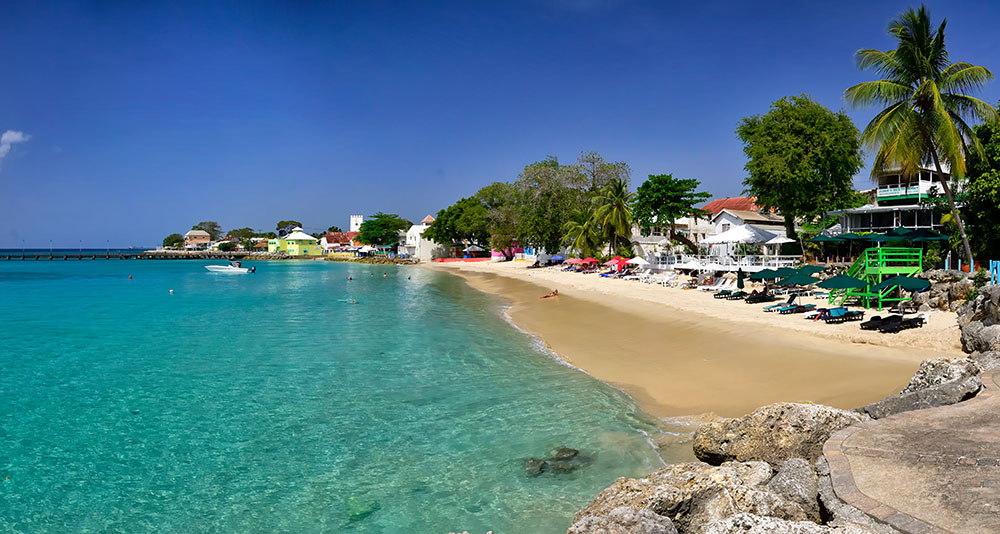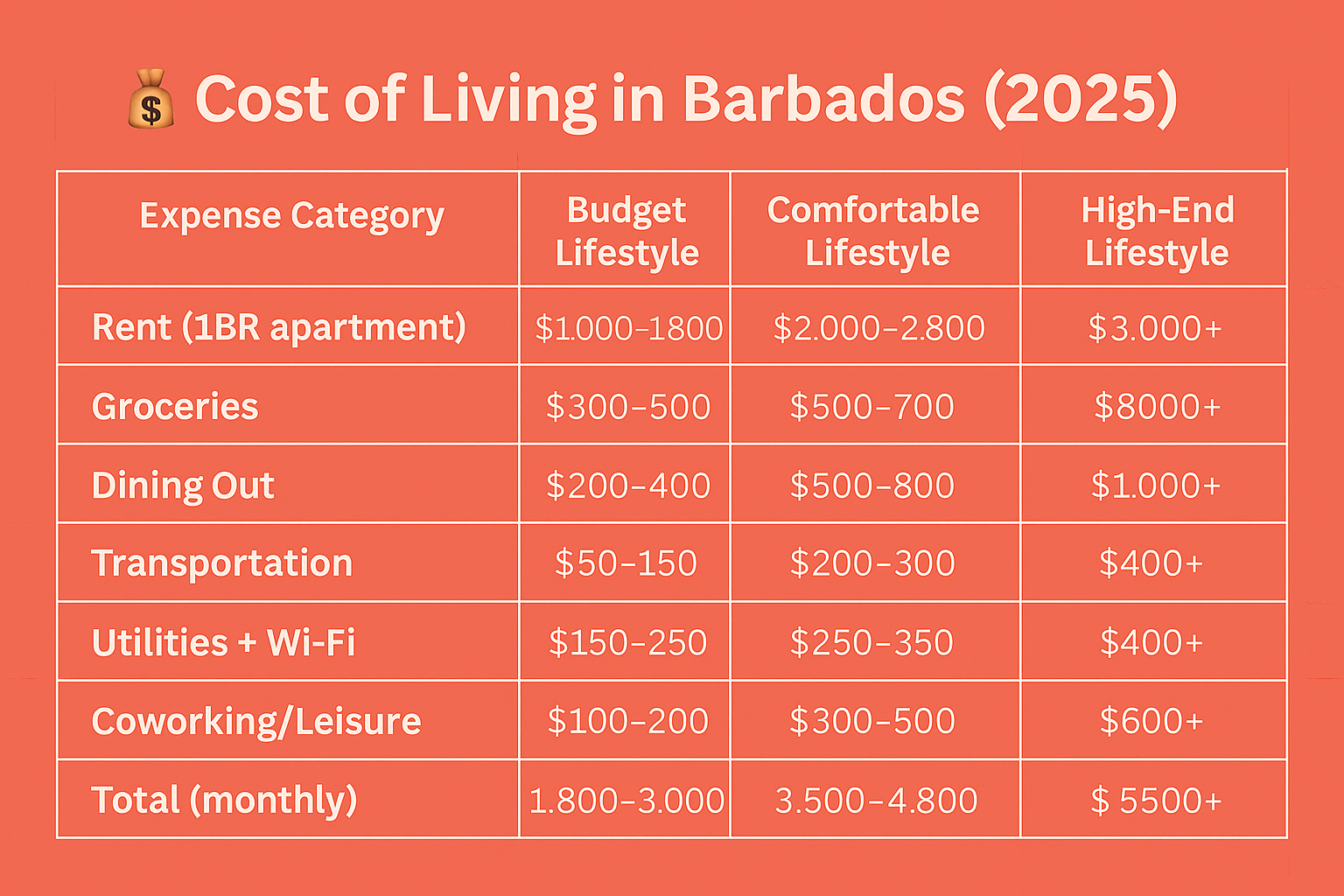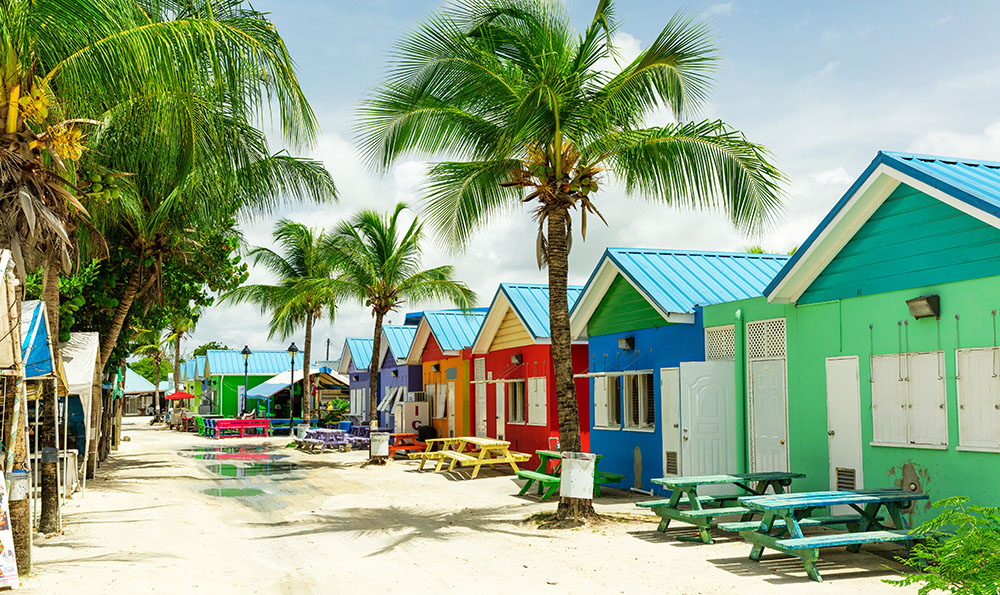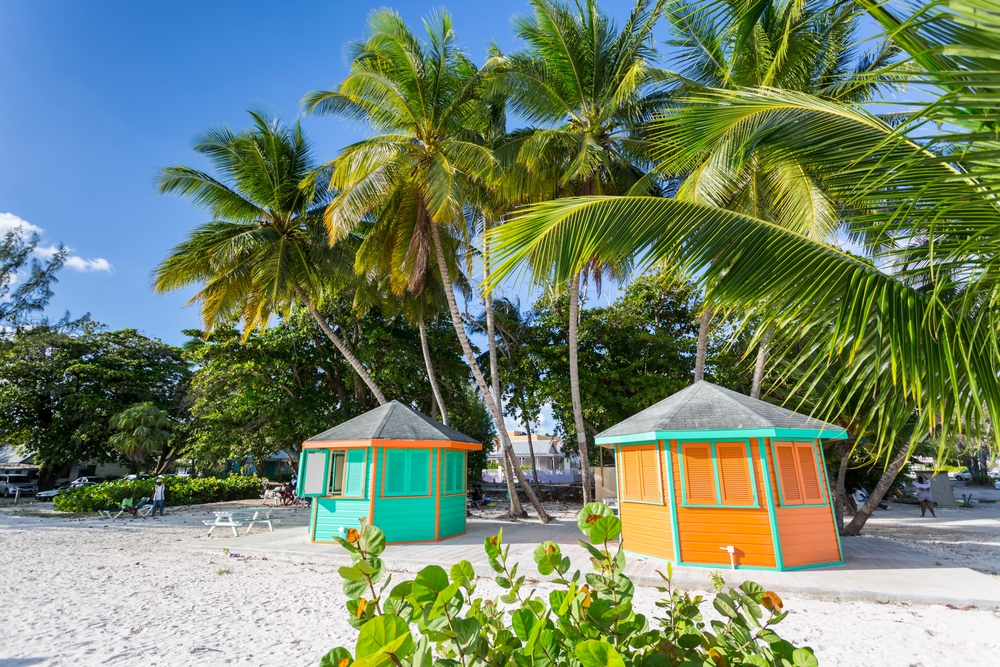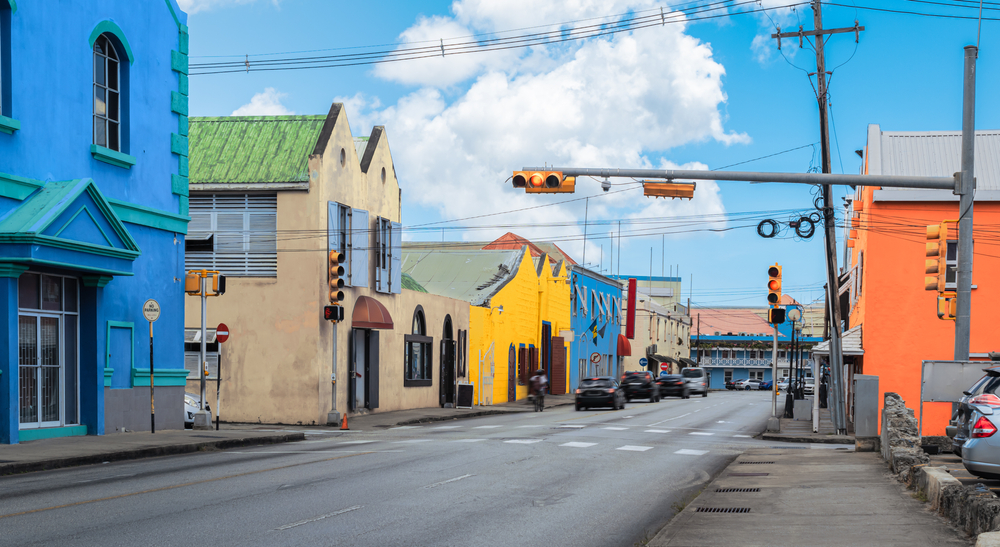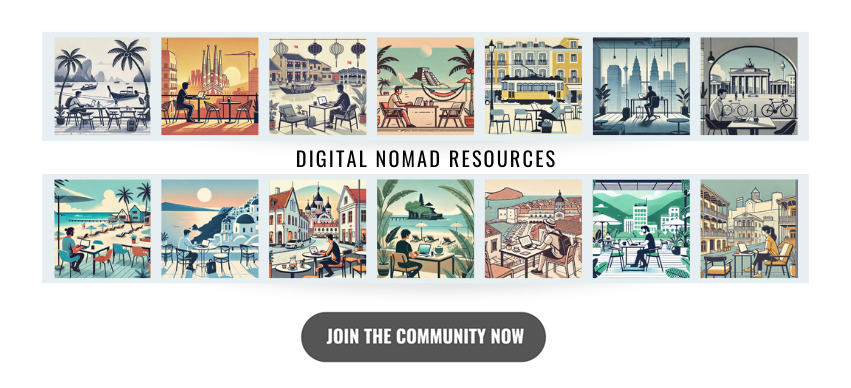What if your office had a sea breeze and your post-Zoom routine included a dip in the Caribbean? For digital nomads craving warm weather, friendly locals, and reliable internet, Barbados is more than a postcard—it’s a surprisingly practical base.
With the introduction of the Barbados Welcome Stamp visa, the island has positioned itself as a leader in the remote work movement. Whether you’re coding in a beach bungalow or taking calls in a colonial-style café, Barbados offers the infrastructure and lifestyle that make long-term stays feel like something between a sabbatical and a smart move.
Quick Answer
Barbados offers a dedicated digital nomad visa called the Barbados Welcome Stamp, allowing remote workers to live and work from the island for up to 12 months. Monthly living costs range from $2,000 to $4,000, depending on lifestyle. With fast internet, friendly tax policies for foreign income, and a laid-back lifestyle, Barbados is a top choice for Caribbean-based remote work in 2025.
Table of Contents
Table of Contents
Barbados Welcome Stamp Overview
Key Details
- Duration: 12 months (renewable)
- Cost: $2,000 for individuals, $3,000 for families
- Income Requirement: Minimum $50,000/year or equivalent savings
- Processing Time: Typically 5–10 business days
- Remote Work Only: You must work for a company or clients outside of Barbados
Why It’s Nomad-Friendly
- Legal remote work residency
- No local income tax on foreign earnings
- Family-friendly: includes spouses, kids, dependents
- Flexible entry and re-entry during the visa period
Why Choose Barbados for Remote Work
The Lifestyle
- Tropical climate, warm seas, and consistent sunshine
- English is the official language
- Direct flights to the U.S., UK, and Canada
- Surf breaks, cricket fields, and Friday night fish fries
- Laid-back pace—but with business-ready amenities
Community & Connection
- Growing expat and digital nomad presence
- Friendly locals and safe environment
- Co-living spaces, coworking hubs, and beach meetups
- Active government support for remote workers
Geographic Advantages
- Eastern Caribbean location (outside the hurricane belt)
- Easy weekend trips to St. Lucia, Grenada, and Martinique
- Time zone overlaps with both North America and Europe
Best Areas to Live
Holetown (West Coast)
- Upscale, quiet, and polished
- High-end villas, boutique coworking, and beach access
- Popular with families and mid-career professionals
Christ Church (South Coast)
- Buzzing expat and nomad hub
- Great for nightlife, coworking, and surf
Walkable areas like Oistins and St. Lawrence Gap
Speightstown (Northwest)
- Slower pace, local vibes
- More affordable, fewer tourists
- Ideal for writers, creatives, and deep-focus types
Bridgetown
- Capital city with government offices, markets, and culture
- Access to public transit and day-to-day necessities
- Good home base if you’re running a business remotely
Cost of Living Breakdown
Internet and Work Infrastructure
- Average Speeds: 100–300 Mbps in urban areas
- Main Providers: Flow, Digicel
- Coworking Spaces:
- Regus Barbados (Bridgetown)
- Ten Habitat (Christ Church)
- Caribbean Transit Solutions HQ
- Mobile Data: 4G LTE coverage across the island
Backup Options: Pocket Wi-Fi and data SIMs recommended for stormy days
Legal, Tax, and Practical Considerations
-
Taxes: Foreign-sourced income is not taxed under the Welcome Stamp
-
Banking: Wise and Revolut work well; local bank accounts not usually necessary
-
Phone Plans: Prepaid SIMs with data start at ~$20/month
-
Driving: Left-hand drive; international license recommended
-
Currency: Barbadian Dollar (BBD), pegged at 2:1 with USD
Healthcare and Safety
-
Medical Facilities: Queen Elizabeth Hospital (public), BayView Hospital (private)
-
Emergency Care: Available, but private hospitals preferred by expats
-
Health Insurance: Required for Welcome Stamp applicants
-
Vaccinations: Standard Caribbean recommendations apply
-
Safety: One of the safest Caribbean nations for long stays
Culture and Daily Life
-
Language: English (with a local dialect, Bajan)
-
Local customs: Friendly greetings, respect for elders, and slow mornings
-
Cuisine: Flying fish, cou-cou, fresh fruit, and roadside cutters
-
Religion: Christian-majority, but diverse and tolerant
-
Vibe: Work hard, lime harder
Challenges to Expect
- Cost of imported goods: Grocery bills can be high
- Public transport: Limited—most nomads rent cars or scooters
- Weather: Hot year-round with a rainy season (June–October)
- Quiet pace: Great for focus, but nightlife is low-key outside tourist zones
- Storm prep: While rarely hit directly, storms can disrupt Wi-Fi and flights
Frequently Asked Questions
Is the Barbados Welcome Stamp renewable?
Yes, you can reapply after your initial 12-month period.
Do I need to pay taxes on my remote income?
No, as long as your income is earned outside of Barbados.
Can I bring my family?
Yes! The family visa option includes your spouse and dependents.
Is Barbados LGBTQ+ friendly?
Barbados is becoming more inclusive, particularly in tourist and expat areas, though social conservatism still exists.
Can I work for a local business?
No, the Welcome Stamp is only for remote work with non-Barbadian companies.
Final Thoughts
Barbados might be small, but it thinks big when it comes to remote work. You’ve got the Wi-Fi, the tax perks, the ocean breeze, and a government that actually wants you there. It’s a rare combo—and it’s already making Barbados one of the Caribbean’s most appealing digital nomad destinations.
If you’re the kind of person who takes your laptop to brunch, loves the idea of mangoes and meetings in the same sentence, and wants a safe, scenic base that’s more chill than showy—this island might just be your next home office.
Ready to make your digital nomad dreams a reality? Download our comprehensive Digital Nomad Visa Guide for detailed requirements and official resources for each destination.
Connect with fellow location-independent professionals by joining our exclusive Sojrn Digital Nomad Community for ongoing support, insider tips, and updates to enhance your borderless lifestyle.
